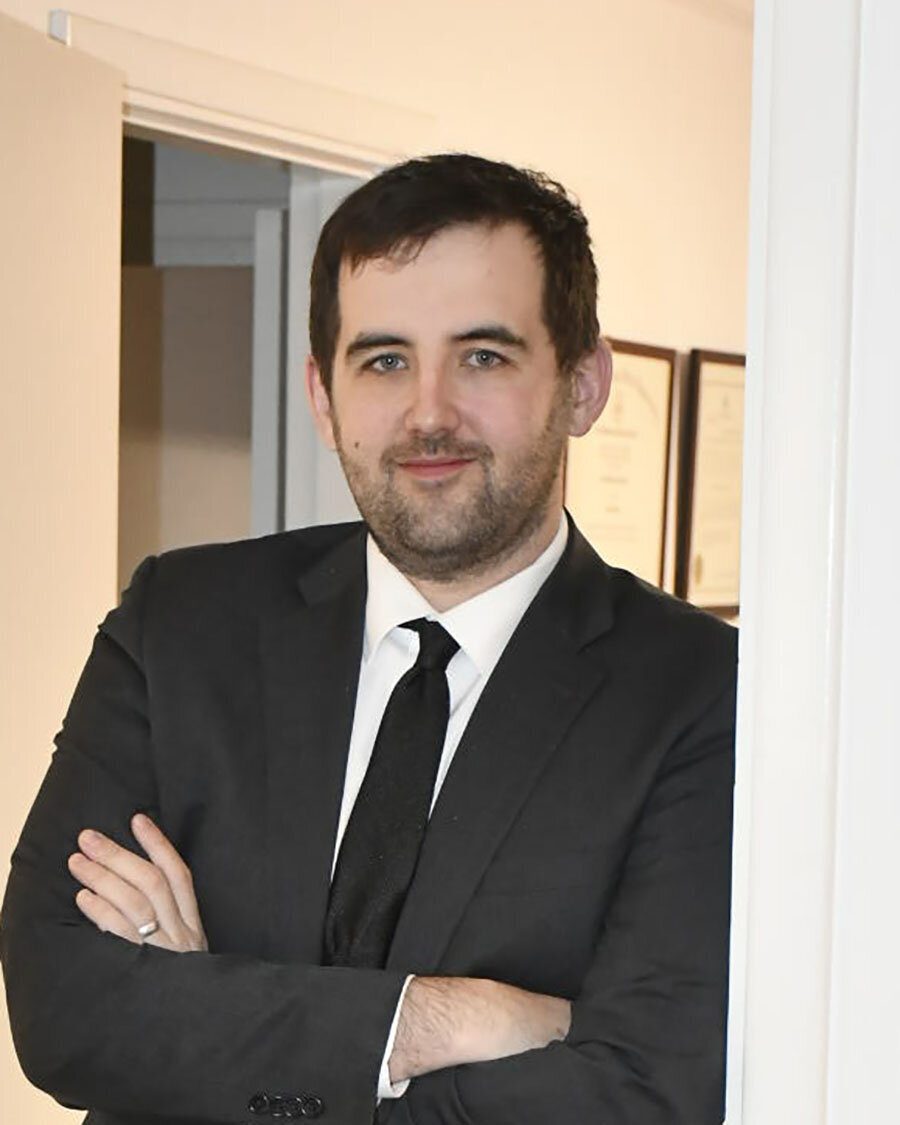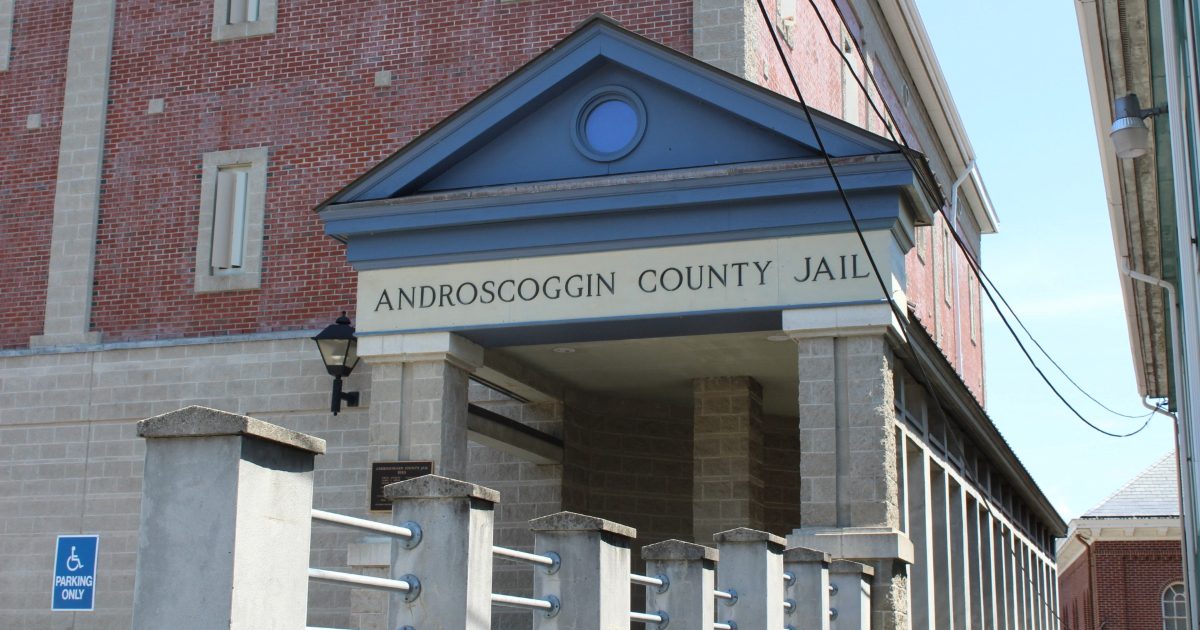A federal judge has determined a phone vendor that provides service to multiple Maine jails did not violate state and federal wiretapping laws when it recorded conversations between attorneys and their clients.
Chief U.S. District Judge Jon Levy dismissed a class action lawsuit against Securus Technologies last Friday, stating that people held at county jails and their lawyers had not proved the company intentionally recorded their calls in violation of state and federal wiretapping laws. The case is not completely closed; Levy gave plaintiffs 10 days to ask for time to amend their complaint.
Andy Schmidt, a workers’ rights and antitrust attorney in Portland who represents the lawyers and clients recorded by Securus Technologies, said the case is not over.
“We are considering our options, but regardless the case will continue because it is imperative to the cause of justice that attorneys and incarcerated clients in Maine can speak by phone without fear their calls are being intercepted,” Schmidt wrote to The Maine Monitor.
Communications between a lawyer and client are confidential and protected under attorney-client privilege. State law bans any interference in these conversations, but at least 837 calls to attorney phone numbers were recorded at three county jails between June 2019 and June 2020, an investigation by The Maine Monitor found last year.

John Tebbetts, a lawyer in Aroostook County and member of the class-action lawsuit, was recorded 304 times speaking to jailed clients. A further review found that people with access to the recordings downloaded or played dozens of his calls. Multiple recordings of calls with at least one client were later released to a detective working with the Office of the Maine Attorney General.
Thirteen of Maine’s county jails contract with Securus Technologies, including Aroostook, Androscoggin and Franklin counties, which provided information about the calls recorded at their jails. But multiple jails have refused to acknowledge whether they also recorded privileged calls or how many, despite requests from the state and multiple Freedom of Access Act requests by The Maine Monitor.
Adam Fox, lead counsel for the Dallas-based telecommunication company Securus Technologies, said “intent” was central to the case during oral arguments five weeks ago. If the lawyers and inmates had followed procedures at the jails to exempt their calls from recording, there wouldn’t be a problem, he said.
Securus does not comment on litigation, Fox said Tuesday.
In his decision, Levy noted that Securus Technologies needed to show “conscious objective” when recording privileged phone calls to violate federal and state wiretapping laws. It is not enough under existing case law for the recordings to be the “product of inadvertence or mistake.”
Peter Mancuso, another lawyer for the plaintiffs, said during oral arguments that Securus Technologies’ standard for knowingly recording privileged calls is too high.
Jails place the onus on attorneys or their clients to prevent the recording of calls while a defendant is in custody. Some jails require inmates to fill out a form to exempt their lawyer’s phone number from being automatically recorded. Others have attorneys register their phone numbers online or with jail staff.
Steven Belleau, a member of the lawsuit who was formerly held at the Aroostook County Jail, said in an affidavit filed with the class action that he was not given directions on how to block the recording of calls with his attorney. A call log shows he called his lawyer at least 25 times from jail, though the calls were incomplete because there were insufficient funds or the call was refused. A receipt also shows he was provided a handbook with instructions on how to make his legal calls private.
The class action did not allege it was Securus Technologies’ responsibility to ensure inmates were informed of how to protect their privileged calls, Levy wrote.
Fox argued that wiretap laws protect privacy, and inmates are a class of people that have no privacy rights.
Levy was unpersuaded by Securus Technologies’ argument that people formerly incarcerated at the jails and their lawyers did not have standing to sue the company because they had not proved their calls were protected by attorney-client privilege.
“Experience and common sense teach us that persons incarcerated in prison typically speak to their defense attorneys by phone to discuss matters related to their professional relationship, as opposed to engaging in a casual or social chat,” Levy wrote. “Thus, the Complaint plausibly sets forth facts from which a violation of the attorney-client privilege might be found and, therefore, the Client Plaintiffs have standing to sue.”
His opinion leaves the door open for plaintiffs to amend their case.






